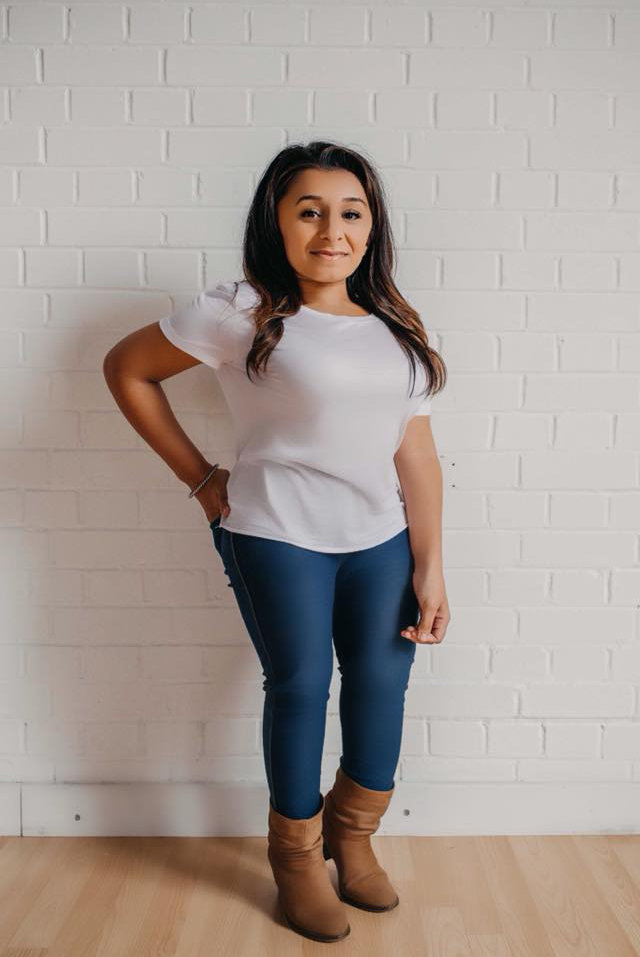ASYIA IFTIKHAR talks about the first Asian Women festival in Birmingham
Shani Dhanda has always used the adversities she has faced in life, from her disability to her ethnicity, to fuel her passion to promote change, equality and acceptance for all. After seeing the lack of representation for Asian women and moreover, a concerning sparsity of events that celebrated South Asian women, she founded the ‘Asian Woman Festival’, the first of its kind, held in Birmingham on Saturday 30th March.
However, this was no ordinary event. From the very beginning, it was clear that this was a day that would push people out of their comfort zones, challenge cultural stigmas and tackle taboos that perpetuate the oppression of South Asian women. These messages were explored using a number of mediums. An art exhibition considered concepts of identity, reflecting the struggle of the diaspora and what it means to be a persecuted minority- the whitewashing of the media was another topic of concern.
Walking outside of the main hall, you arrived at the festival bazaar, an array of Asian women-led businesses being supported and represented. There was jewelry, clothing, skin and healthcare, photography, and entertainment services along with different magazines. There was a buzz in the air as people walked around; the atmosphere was charged by the day’s unique and powerful ideas.

The panels and workshops were created to make Asian women question societal expectations, talk about taboo topics, encourage self reflection and consider how we can better ourselves as a community. Shay Grewal, the BBC Midlands radio presenter who hosted the day, kept the energy going. Singer and SOAS graduate Amrit Kaur kicked off the event with a beautiful selection of songs, inspired by her experiences and roots. The powerful lyrics and stunning vocals left the crowd breathless and emotional.
The first panel session discussed ‘What does it mean to be an Asian woman?’, with guests Sharan Dhaliwal, editor of Burnt Roti Magazine; Heleena Mistry, a tattoo artist; and Sadia Azmat, a stand up comedian and writer. Topics such as cultural identity as a second or third-generation immigrant, discrimination and racism, and inter-community pressure set the tone for the rest of the day. What are the issues we face and what can we do to change things?
Another creative, Jaspreet Kaur, history teacher by day and performance poet by night, spoke about her passion in the world of education to decolonise the curriculum and raise a more tolerant and well-rounded generation. Jaspreet raised the point that South Asians are the second highest achieving ethnic group to gain GCSE A*-C grades. Yet this does not translate to higher education or the workforce. What is going wrong with our young South Asian women who are clearly intelligent and hard working?
‘Taboo no more’ a was a discussion with a panel made up of, Arub Syed, a journalist; Taran Bassi, a freelance writer; and Noreen Khan, ‘BBC Asian Network’ presenter. This group started conversation on rarely spoken about topics in the South Asian community such as sex, relationships, LGBT issues and a woman’s place in the family. This was particularly pertinent to Birmingham, where protests against the ‘No Outsiders’ lessons have caused great discomfort among the Muslim community.

This led onto ‘colorism and anti-blackness’, an overlooked discussion investigating internalised racism and white idealism. There was impassioned talk from the panellists, Ravita Pannu, makeup artist, and journalists Faima Baker and Sharan Dhaliwal. Ravita recounted her struggles with these prejudices and Sharan spoke about Burnt Roti Magazine’s next print edition centring around the theme of colorism and anti-blackness.
The evening became progressively more daring with an outrageously funny stand up set from Sadia Azmat, breaking down the ‘hijabi woman’ stereotype with her witty and sharp humour, followed by a workshop discussing the sex and porn industry. In an emotional turn of events, Vee Nisa, a private chef and business owner, spoke about her time in the BDSM scene, as a dominatrix, revealing that after seven years of working in this field at the age of 32 she told her mother the truth in the car park of the venue that morning. It was heartening to see her mother’s acceptance and her growth since as a strong South Asian woman.
This event sparked much-needed conversations, gave a platform to unheard voices and created a safe environment for south Asian women to flourish and talk. I hope we will see its return next year and expand the audience and reach to push forward the change we are always working towards.
If you want to know more:
feature image by Asyia Iftikhar





